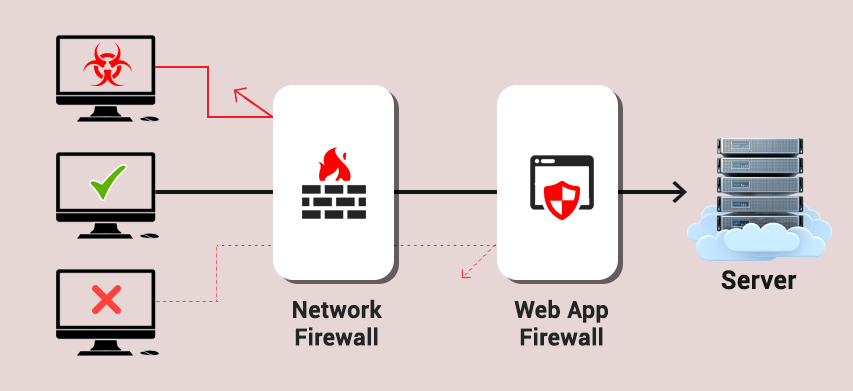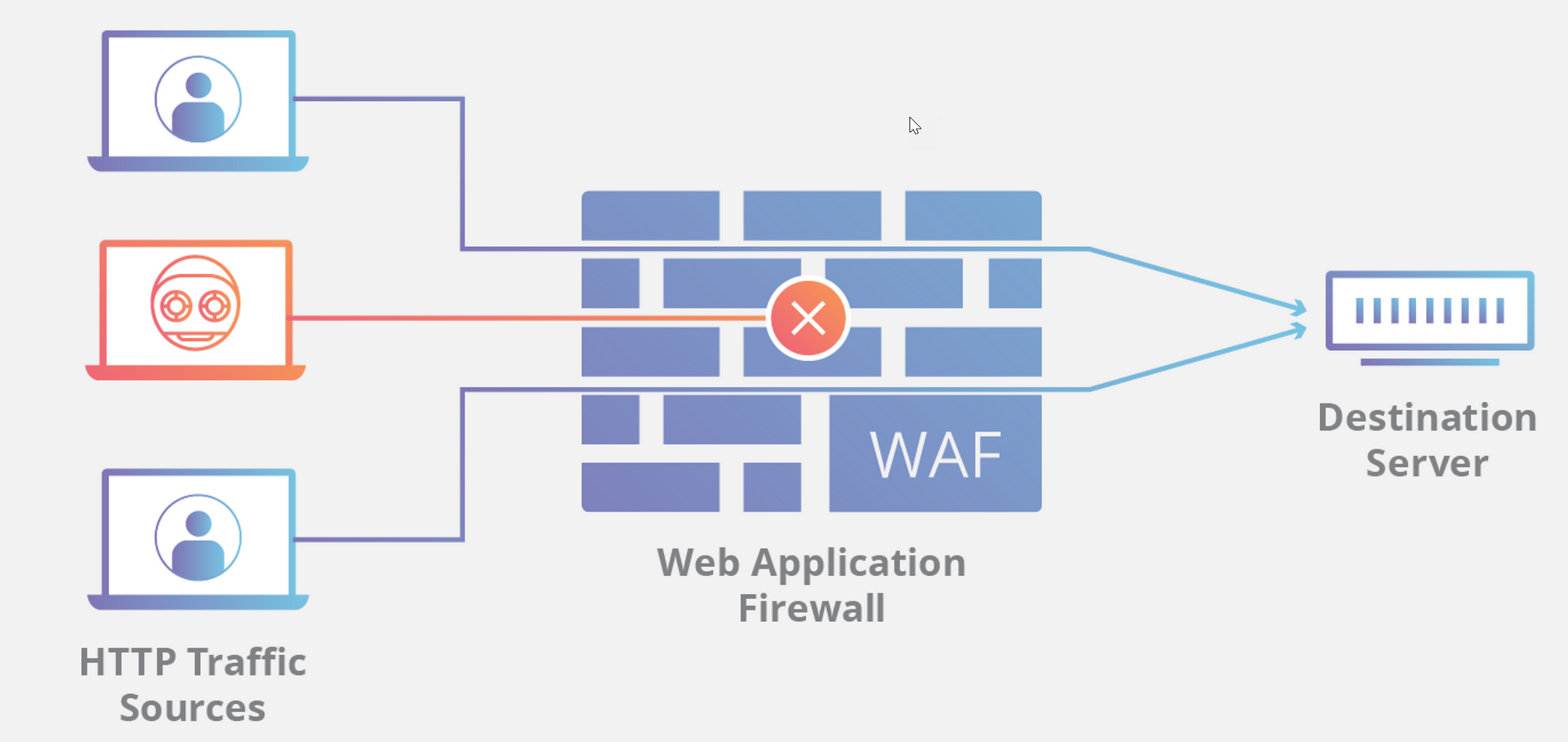Introduction
Website security is the practice of protecting websites and their data from cyber threats, such as hacking, data breaches, and malware attacks. With the increasing amount of sensitive information processed online, securing your website is not just an option—it's a necessity.
Why Is Website Security Important?
- Protects User Data: Prevents unauthorized access to personal, financial, and login information.
- Maintains Business Reputation: A secure site builds trust and prevents public relations crises caused by breaches.
- Improves SEO Ranking: Search engines prioritize secure websites (HTTPS), and flag insecure ones.
- Ensures Site Availability: Prevents DDoS and other attacks that can bring a site offline.
Essential Website Security Practices
1. Use an SSL Certificate
Secure Socket Layer (SSL) encrypts data between your site and users, ensuring that information cannot be intercepted. Always use HTTPS instead of HTTP.
2. Keep Software Updated
Update your CMS (like WordPress), plugins, themes, and server software regularly to patch known vulnerabilities.
3. Strong Password Policies
Use complex passwords for admin accounts, databases, and hosting services. Implement two-factor authentication where possible.
4. Regular Backups
Regularly back up your website and databases so you can restore them quickly in case of a cyberattack or data loss.
5. Use a Web Application Firewall (WAF)
A WAF filters out malicious traffic and protects against common attacks like SQL injection and cross-site scripting (XSS).
Conclusion
Website security is essential for protecting both your business and your users. Implementing basic security practices like SSL, updates, backups, and firewalls can significantly reduce the risk of attacks. In today’s digital age, a secure website isn't a luxury—it's a requirement.



